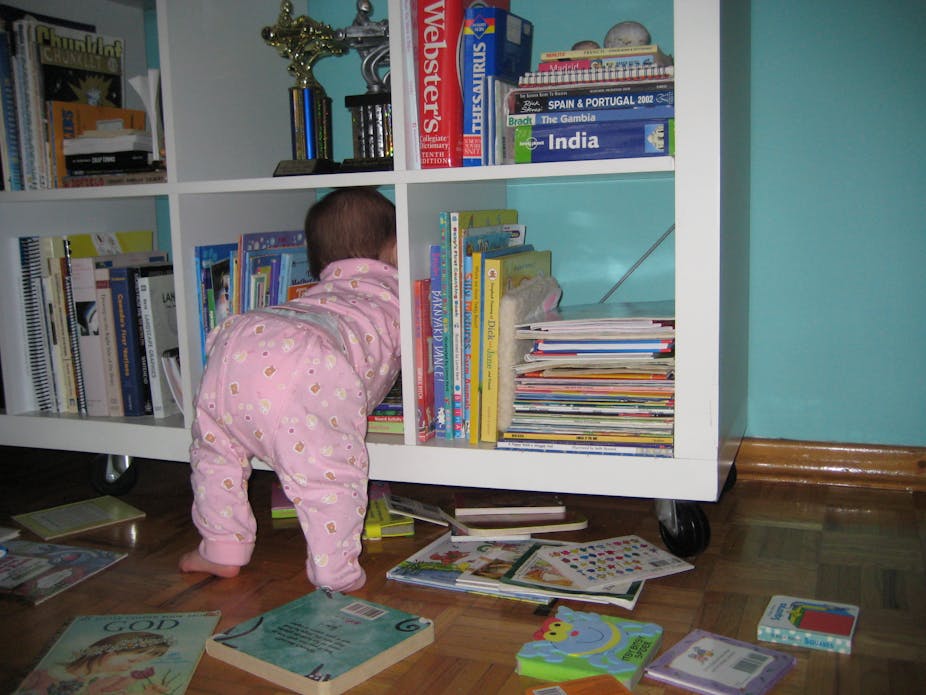Be it personalised gifts, personalised cosmetics services or personalised shopping recommendations, we have become the centre of the products we use like never before.
And the trend is now more and more to be found in the marketing and production of resources for children. TV content is presented in personalised packages and games, puzzles and colouring books are produced with a personalisation hook. Children can add their own name to a story and even their own pictures, putting them at the centre of the narrative.
Recent trends in the children’s book publishing industry suggest personalised books may no longer be a niche market. A US-based producer of personalised books was recently acquired by The McEvoy Group whose holdings include Chronicle Books and other large book publishers. In the UK, personalised books were apparently among the bestselling debut picture books in 2013.
Personalised enhancements are sold as superior products and are therefore often more expensive. But when it comes to educational resources we should think about whether the implicit message of superiority that comes from higher prices actually means that personalisation is better. Before we have all children reading about themselves rather than fictional characters, we need to work out how to make personalisation educational.
Personalisation is certainly a great technique to motivate children in various educational activities. Books and digital stories to which children can add their own texts, sounds or pictures engender the feelings of agency, empowerment and sense of ownership. But to make these books work educationally, they should be part of a shared activity rather than a solo effort on the part of the child.
In a recent study, we found that personalised books increase children’s vocabulary more than those without personal information about the child.
In collaboration with parents, we designed a personalised book for each of the 18 children in the study. All books had a personalised and a closely matched non-personalised part. For example, in a book for a boy called Josh, we would use pictures of him and his friends and would change the text to contain some personal references to his life such as his likes and dislikes, such as strawberry cake, or favourite activities, like playing with trains.
For the non-personalised part we would present a story very similar to that of Josh but the main character would have his own likes and dislikes, such as chocolate pudding and favourite activities, like playing with cars.
Both parts contained new words the child did not know before starting to read the books. Children were read the books on two occasions and their knowledge of the new words was compared after each reading. After the second reading, we found that children acquired more new words when these appeared in the personalised part of the book.
This was not because personalisation is automatically better or can replace traditional methods of effective reading sessions. Rather, it is important to remember that each child’s personal information, such as their pictures, name, likes and dislikes, were embedded in a story which was already full of rich vocabulary and grammatically complex sentences.
The books were also read to children in a supportive adult-child reading context. As we know from numerous studies, parents, teachers and other educators are crucial to support children’s learning from books, whether these are personalised or not.
So, to ensure that personalised books are more than just a commercial take on children’s lives, we need to do more than merely stick a child’s picture on her book. We should combine personalisation with shared educational experiences and apply it in small and careful doses. Otherwise we lose out on a great possibility to enrich children’s libraries.

